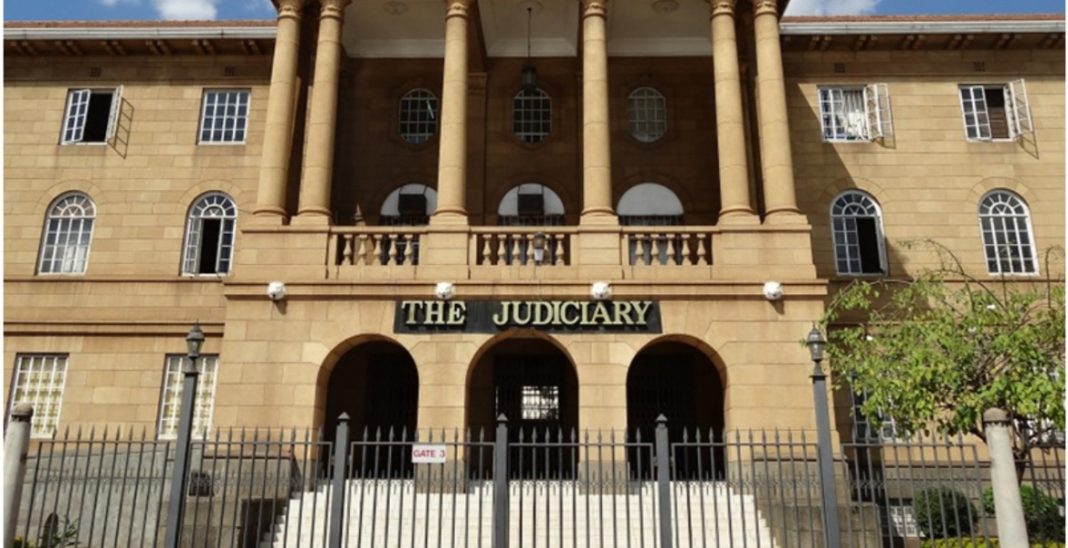More than 200,000 Nairobi residents and business owners are set to benefit from a major Ksh1.6 billion water rehabilitation project aimed at improving supply reliability across the capital’s Central Business District and its surrounding areas.
The project, launched by the Athi Water Works Development Agency (AWWDA) in partnership with the French Development Agency (AFD), will modernize the city’s ageing water distribution system, reduce losses, and boost efficiency in high-demand zones such as the CBD, Industrial Area, Starehe, Pumwani, Jogoo Road, and Ngara.
AWWDA Chief Executive Officer Eng. Joseph Kamau said the initiative is part of the wider Nairobi Water and Sanitation Project, which seeks to enhance access to clean water and better living conditions for residents through expanded and rehabilitated infrastructure.
The project will rehabilitate approximately 97.5 kilometres of pipelines and connect 2,930 additional households to safe and efficient water supply by November 2027. It will also become the first in Kenya to employ trenchless Horizontal Directional Drilling (HDD) technology a modern method of laying pipelines underground with minimal disturbance to surface activities such as traffic, business operations, and essential services.
“The Central Nairobi Area Water Network Project represents a major leap forward in addressing the challenges of water distribution within our capital city,” said Eng. Kamau. “By deploying trenchless technology for the first time, we are ensuring that essential works proceed without disrupting city life.”
He noted that the initiative builds on past successes, including the Northern Water Collector Tunnel, which currently supplies over 140,000 cubic metres of water daily to Nairobi and five neighbouring counties.
“This rehabilitation complements our broader strategy of maximizing efficiency in water transmission from dams to end users. It demonstrates the government’s commitment to providing sustainable, long-term solutions that uplift the quality of life for Kenyans,” he added.
Nairobi’s central areas have for years struggled with outdated and leaking pipelines, some installed several decades ago, leading to massive water losses and supply interruptions. The new rehabilitation project aims to fix those weaknesses, reduce system leaks, and ensure equitable water distribution.
“This project is part of a long-term vision to modernize Nairobi’s infrastructure. By strengthening the water network, we are enhancing reliability, reducing losses, and ensuring that every drop reaches the people who need it most,” Eng. Kamau said.
Beyond improving supply, the project also aligns with Kenya’s sustainability and urban resilience goals through its use of environmentally friendly construction technology.
Eng. Kamau affirmed that AWWDA will continue working with international partners like AFD to deliver innovative and sustainable water solutions that secure Nairobi’s future as a modern, well-serviced capital city.






